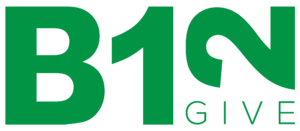Looking for the last gift on your holiday shopping list this year? The DMZ’s Holiday Gift Guide will help you cross off any last minute presents, and support small BIPOC-owned businesses from across Canada!
Here are our top picks for the holiday season that we guarantee will bring a huge smile to your loved ones faces.
Girl Gang Strong
This holiday season, gift the teen in your life Girl Gang Strong’s Christmas holiday gift box! The Girl Gang Strong boxes feature 5-8 specially curated self-love, self-care goodies including skincare products, phone accessories, stationery, and jewelry.

Mahara Mindfulness
Featured on Oprah 2021’s Healthy Living List, and POOSH, the Human Being Journal by Mahara Mindfulness is perfect for the busy go-getter seeking mindfulness practice to help decrease stress and enhance well-being. With guided questions rooted in the fundamental pillars of a happy life, the 12 month guided journal provides a deeper sense of being. Plus, the DMZ community is eligible to receive 15% off! Use the code ‘DMZ15HBJ’.

Organic Bytes
For the foodie in your life, why not get them a sweet treat from Organic Bytes? Their cakes are free of refined sugars and white flours, making them the perfect zero-guilt option for the holiday season. Plus, they offer vegetarian, vegan, gluten-free and lactose-free options!

It’s Souper
It’s Souper’s afro-fusion gourmet soup and sauce line is the perfect gift to share among food enthusiasts.From meat lover’s chili to vegan roasted carrot and paprika soup, their delicious recipes made with high-quality ingredients have been featured on Dragon’s Den and Go Solo.
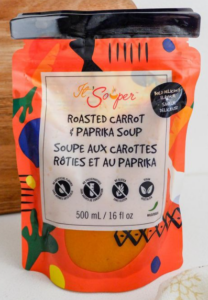
New Pie Co.
Give the gift of baked goods this season! Made for pie lovers by pie lovers, New Pie Co. offers handcrafted pies, cinnamon buns, thai iced tea meringue, ube swirl buns, and more. Their mission? Create a memorable pie experience through creative flavours and thoughtful presentations!

Blair and Jack
For the skincare guru on your list, Blair and Jack offers physician-developed skincare products specifically formulated for men. Receive a 10% discount by signing up for their subscription service at checkout!

NeoJuicery
For the health nut on your list, check out NeoJuicery’s cold-pressed, never pasteurized, micronutrient juices. Made with local and organic ingredients sourced from Ontario, their juice packages support fasting goals, boost immunity, reduce inflammation, and are 100% zero waste!
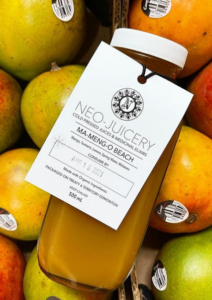
Najj Hair
The perfect gift for any fashionista looking to refresh their look, Naij Hair offers luxury ready-to-wear hair extensions and wigs. Designed for Black women, by Black women, their wigs arrive fully customized and can be heat styled and coloured.

Wabanaki Maple
Authentic indigenous maple syrup, Wabanaki Maple, offers a wide range of maple products that offer a twist on familiar tastes. Their products are naturally refined, offering three signature flavours, each handcrafted and aged in small batches!
Floofy Pooch
Shopping for a pet parent? Check out Floofly Pooch’s dog accessories. From leashes,bandanas, harnesses, collars and more, there’s something for everyone’s furry friend! From now until Christmas, Floofy Pooch is offering 20% off all dog bundles.

Looking to harness your entrepreneurial spirit in 2022? Applications for the DMZ’s Incubator and Pre-Incubator programs are now open.





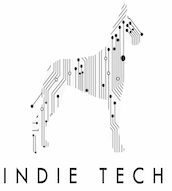 The first automated consulting management system uniting consultants and clients,
The first automated consulting management system uniting consultants and clients, 


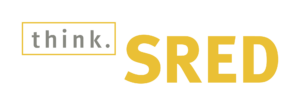




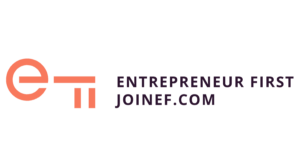 The desire to create impact through entrepreneurship rather than travel a more traditional career path resonated with Grigoriy Kimaev, a Ph.D. graduate. His interest in entrepreneurship piqued further when he heard about
The desire to create impact through entrepreneurship rather than travel a more traditional career path resonated with Grigoriy Kimaev, a Ph.D. graduate. His interest in entrepreneurship piqued further when he heard about 










